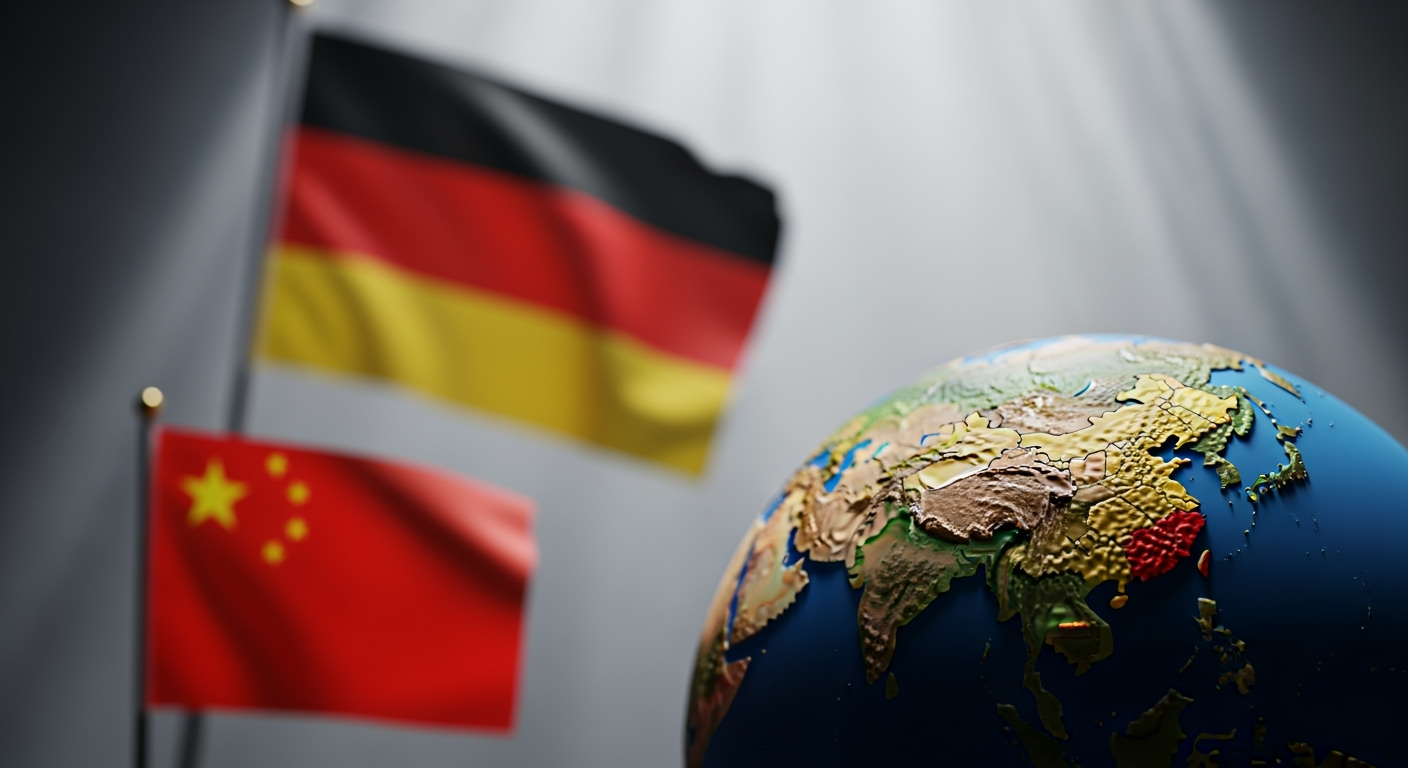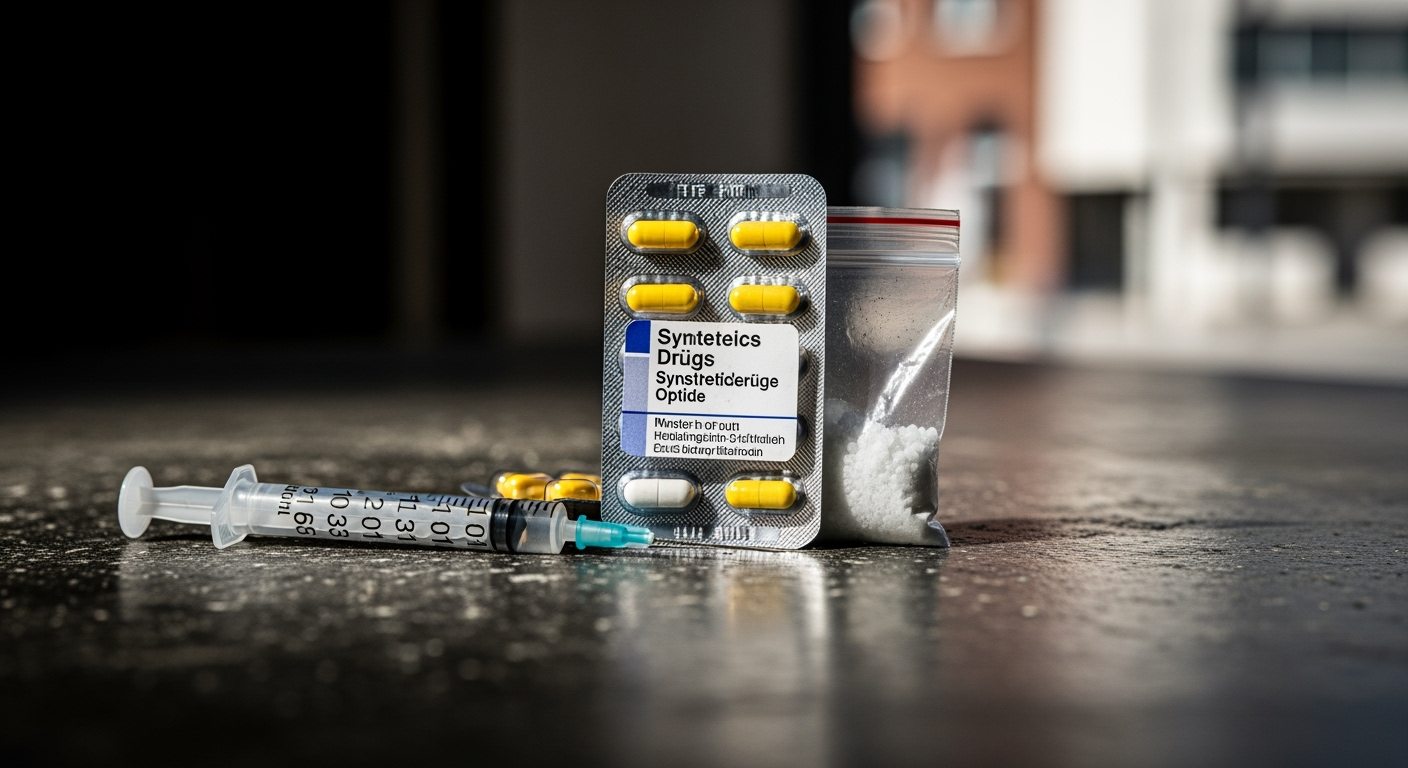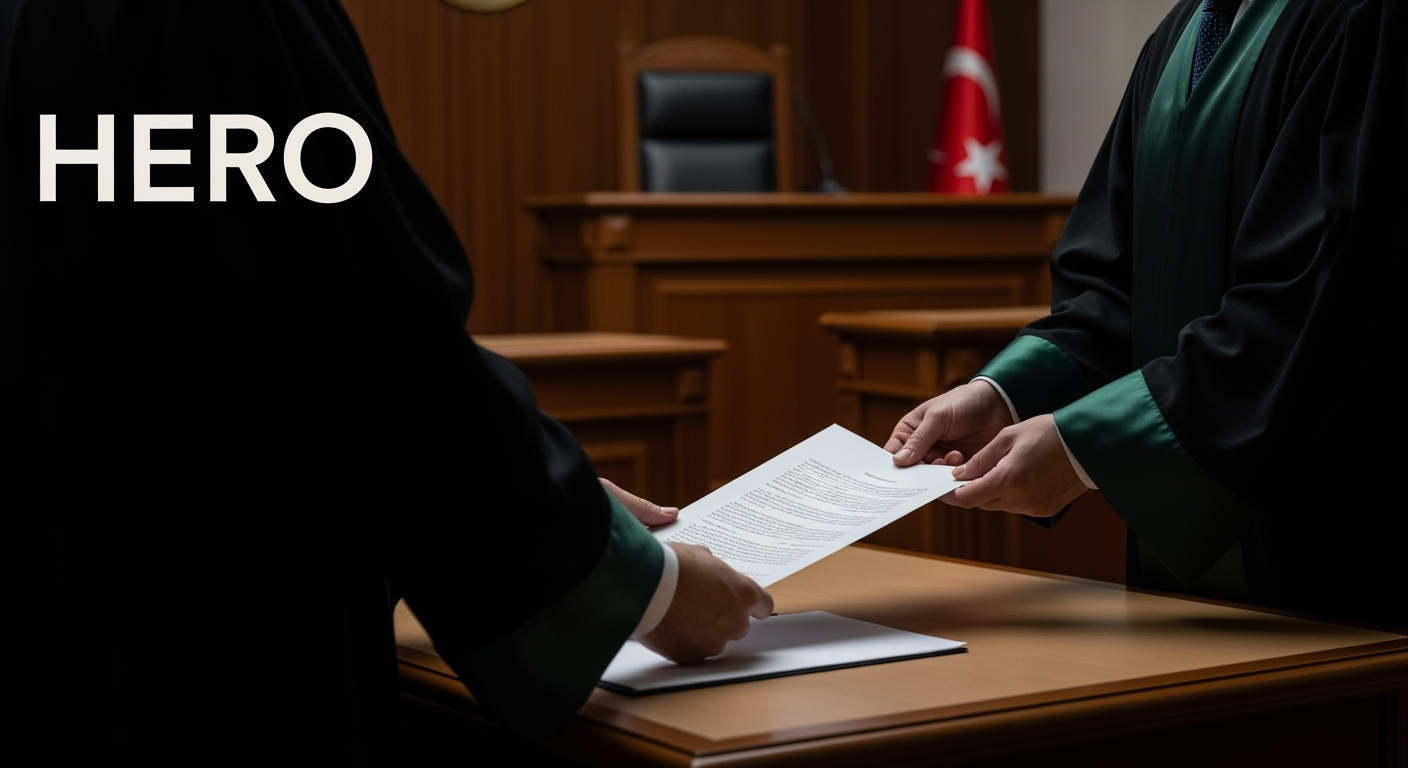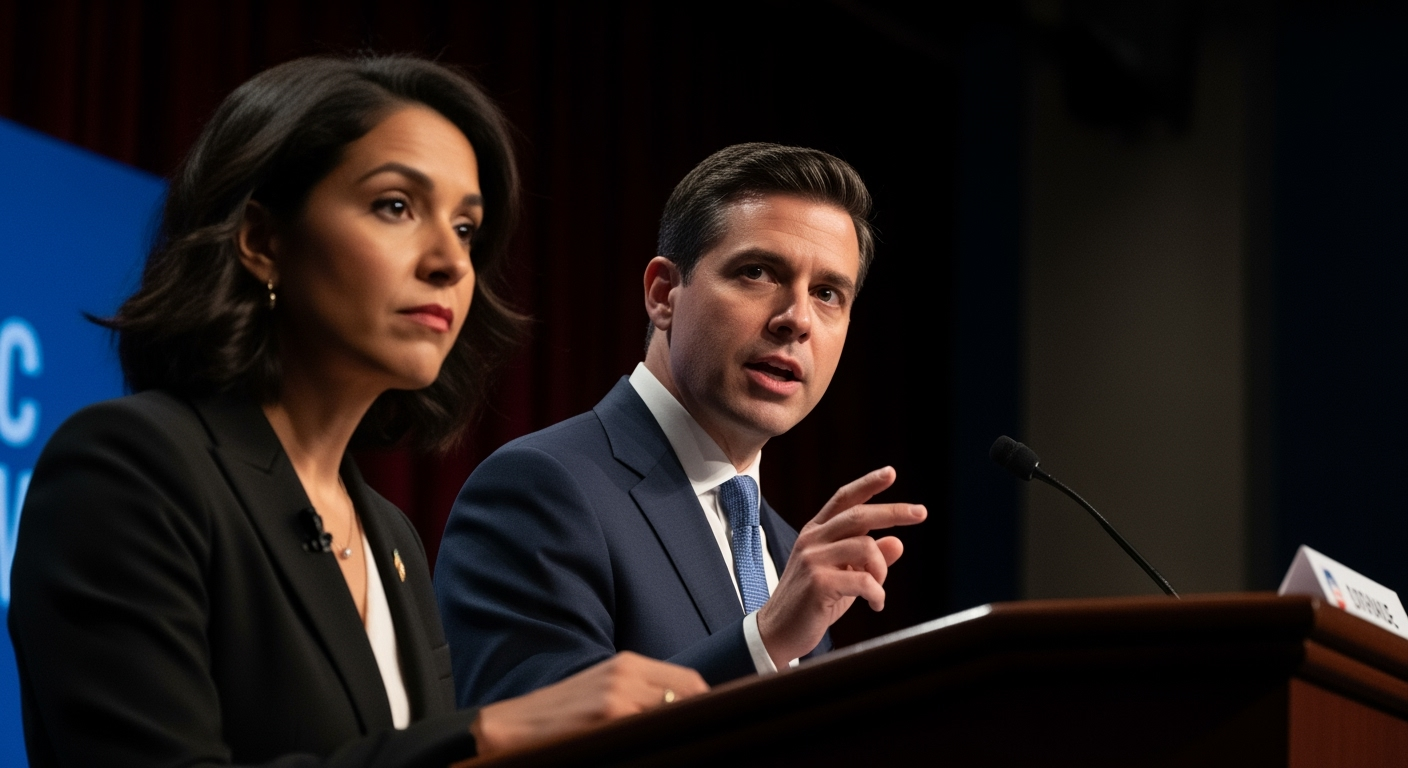Related Articles

German Foreign Minister Postpones China Trip Amid Deepening Tensions

Germany Grapples with Rising Tide of Potent Synthetic Drugs and Opioids





New York City's final mayoral debate on Wednesday night, October 22, 2025, descended into a series of sharp personal attacks and heated exchanges, offering voters a raw glimpse into the contentious race just days before early voting commences. The three leading candidates — Democratic nominee Zohran Mamdani, independent former Governor Andrew Cuomo, and Republican Curtis Sliwa — engaged in a confrontational 90-minute showdown, characterized more by "stinging barbs" than policy discussions. The event served as the last direct face-off before New Yorkers head to the polls, solidifying rivalries and highlighting stark differences in leadership styles and experience.
The most prominent rivalry throughout the debate unfolded between current frontrunner Zohran Mamdani and Andrew Cuomo, who repeatedly clashed over qualifications, past records, and personal conduct. Cuomo, a seasoned politician at 67, launched into accusations of Mamdani's alleged inexperience, asserting that the 34-year-old state assemblyman had "never had a job" and "never accomplished anything." This line of attack, echoed by Republican Curtis Sliwa who quipped Mamdani's "resume could fit on a cocktail napkin," aimed to portray the Democratic nominee as unprepared to lead a city of 8.5 million people with a multi-billion dollar budget. Cuomo further criticized Mamdani for what he termed a lack of substance and a reliance on recycled ideas, suggesting Mamdani did not fully grasp the intricacies of governance.
Mamdani, in turn, sharply retorted by challenging Cuomo's leadership during his tenure as governor. He pointed to what he described as Cuomo's failures in housing initiatives and his handling of the COVID-19 pandemic. A pivotal moment in the debate occurred when Mamdani directly confronted Cuomo regarding allegations of sexual harassment that led to his 2021 resignation, pointedly asking about the "13 women who you sexually harassed." The question resonated particularly as one of Cuomo's accusers was reportedly present in the audience. Cuomo dismissed the query as "immature," insisting the cases had been dropped despite ongoing litigation. This exchange underscored the personal nature of the contest, frequently diverting attention from substantive policy debate.
While personal attacks dominated, the candidates did touch upon critical policy issues facing New York City, though often through the lens of their ongoing feuds. Affordability and housing emerged as central themes, particularly for Mamdani, who reiterated his proposals for freezing rents on stabilized apartments and making public buses free. He argued these measures would generate significant economic revenue and address the city's affordability crisis. Cuomo, however, cast doubt on Mamdani's rent freeze plan, while also highlighting his own record on housing initiatives as governor. Sliwa positioned himself against certain development policies, such as "The City of Yes," advocating for different approaches to urban expansion.
Public safety and crime also featured prominently in the discussion. Sliwa, known for his Guardian Angels background, criticized Mamdani's proposed Department of Community Safety, arguing it could potentially endanger vulnerable individuals, particularly in domestic violence situations. Both Cuomo and Sliwa also challenged Mamdani's stance on bail reform, suggesting it contributed to public safety challenges. Immigration policy and the city's relationship with federal agencies like ICE (Immigration and Customs Enforcement) were debated in the context of recent raids. Cuomo indicated that ICE should not target minor offenses, while Mamdani labeled the agency's actions as "reckless" and "dangerous." The future of Rikers Island also sparked contention, with Mamdani advocating for its closure by 2027 and calling it a "stain on the history" of the city, a position opposed by Sliwa. Cuomo used this issue to accuse Mamdani of potentially releasing thousands of criminals into the city.
The specter of former President Donald Trump loomed large over the debate, with candidates frequently invoking his name to challenge each other's credibility and approach to federal relations. Cuomo contended that a Mamdani victory would be "a dream" for Trump, implying it would allow the former president to exert greater influence over the city. Mamdani countered forcefully, labeling Cuomo "Trump's puppet" and criticizing his perceived reluctance to directly challenge the former president. Sliwa, for his part, advocated a more pragmatic approach, suggesting that negotiation with Trump would better serve New York City's interests than outright confrontation.
Discussions surrounding Mamdani's pro-Palestinian advocacy also sparked a contentious exchange, leading to accusations of alleged antisemitism. Cuomo referred to a public letter from 650 rabbis that accused Mamdani of threatening "the safety and dignity of Jews." Sliwa went further, claiming Mamdani supported "global jihad," an accusation Mamdani vehemently denied, citing his commitment to religious pluralism and outlining plans to ensure the safety of Jewish New Yorkers, including expanding educational initiatives on Jewish history. Mamdani also suggested that some of the attacks against him were politically motivated and connected to his identity as a Muslim candidate potentially on the verge of leading the city.
The debate offered a final opportunity for each candidate to sway undecided voters, though many observers suggested the intense exchanges were unlikely to significantly alter the race's trajectory. Mamdani, as the Democratic frontrunner, aimed to maintain his polling lead by consistently redirecting the discussion to affordability, often managing to parry attacks on his experience and his stance on complex international issues. However, he faced criticism for appearing evasive on certain ballot questions. Cuomo, needing a strong performance to close the polling gap, appeared "more assured" than in previous debates, landing sharper critiques of Mamdani's executive experience and showcasing his long career in government. Republican Curtis Sliwa, despite at times struggling to insert himself into the heated exchanges between his two opponents, maintained his resolute presence in the race, delivering his own critiques of both Mamdani and Cuomo. After the debate, Cuomo notably opted to attend a Knicks game with Mayor Eric Adams, skipping the traditional media "spin room" where Mamdani and Sliwa engaged with journalists. Current polls indicate Mamdani holds a double-digit lead over his rivals, with early voting scheduled to begin on October 25, leading up to Election Day on November 4.
The final New York City mayoral debate unfolded as a charged and often acrimonious affair, marked by an unusual degree of personal attacks and sharp accusations among the three contenders. While policy discussions on critical issues such as housing, public safety, and immigration did emerge, they frequently took a backseat to direct confrontations over experience, past conduct, and perceived political loyalties. As New Yorkers prepare to cast their ballots, the debate served as a culmination of the campaign's intense dynamics, with candidates largely reinforcing their established positions and rivalries. The impact on voter sentiment remains to be seen, but the event undeniably underscored the fierce competition for the city's highest office in an election that is now rapidly approaching its conclusion.